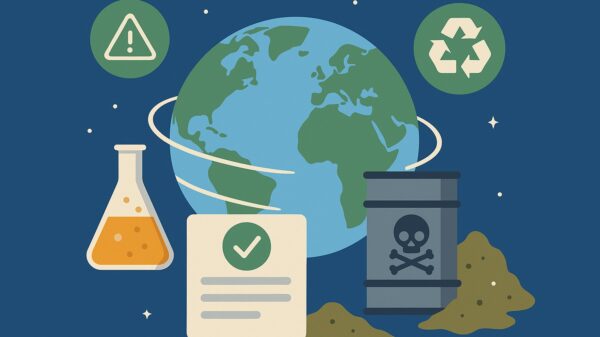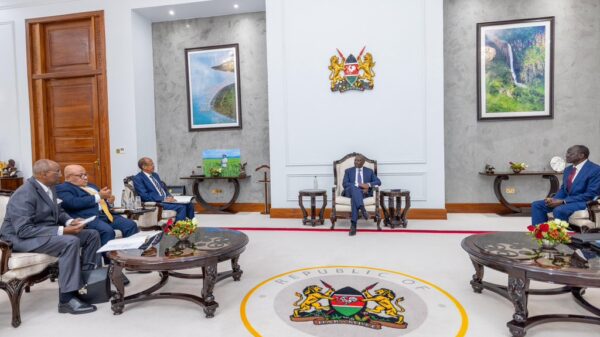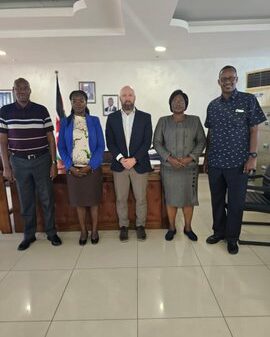WASHINGTON, Jul 14 – Talks between Cuba and the United States on the thorny issue of immigration, suspended since 2003, will resume on Tuesday at United Nations headquarters in New York, the US State Department said.
"Today, US and Cuban representatives will meet in New York to discuss implementation of the US-Cuba Migration Accords," the State Department said in a statement.
"The discussions will focus on how best to promote safe, legal and orderly migration between Cuba and the United States."
The US delegation, it added, will be led by Principal Deputy Assistant Secretary of State for Western Hemisphere Affairs Craig Kelly, and include representatives from agencies that deal with migration issues.
A US official has told AFP the talks will take place at the United Nations building in Manhattan.
The move to thaw relations follows President Barack Obama’s decision in April to authorize travel and money transfers to the island by US nationals of Cuban descent.
In early June, the White House welcomed Havana’s agreement to resume talks on migration issues, but the US official did not confirm whether the negotiations would address establishing direct mail service between the two countries — current policy requires mail to go through third countries.
"Obviously, it’s in the interest of both governments," said White House spokesman Robert Gibbs last month.
"Obviously, I think direct mail would increase the ability for the president’s initiative to be able to reach out directly to the Cuban people."
Discussions on immigration issues have been held every two years until they were suspended in 2003 by Obama’s predecessor, George W. Bush.
But Havana informed Washington in late May that it would take up the US offer to resume the long-stalled talks.
Secretary of State Hillary Clinton said at the time that Cuba must still improve human rights — including releasing political prisoners and expanding political freedoms — before fully ending its isolation under a decades-long US embargo.
A US official also said in May that Cuban authorities had "indicated they would like to explore areas of additional dialogue," such as in counter-narcotics, counter-terrorism, and hurricane and disaster preparedness.
Since Obama took office in January, he has raised hopes among many Latin American neighbours that he will soon lift the embargo, despite his insistence that Cuba first undertake democratic reforms.
Apart from the new steps, the Obama administration has called past US policy a failure and moved to repair ties with Cuban President Raul Castro, who last year officially took over the reins from older brother Fidel, the communist revolutionary leader who has been a thorn in Washington’s side.
While Cuba has agreed to re-launch talks, officials there have dismissed Washington’s calls for drastic political changes on the communist island.
"Cuba has to do absolutely nothing, because it did not do anything to the United States," Cuban National Assembly speaker Ricardo Alarcon, a member of the Communist Party Politburo, told CNN television earlier this year.
Alarcon pointed to a trade embargo maintained by Washington against his country since 1962, the use by the United States of its naval base in Guantanamo Bay, which Havana opposes, and Cuba’s inclusion on the State Department’s list of state sponsors of terrorism.
"We don’t have to do absolutely anything except taking note of the corrective steps taken by the other side when they take place," Alarcon said.
In the absence of official ties, the only diplomatic link between the two nations are their interests sections in Havana and Washington, which are run out of the Swiss embassies.


































